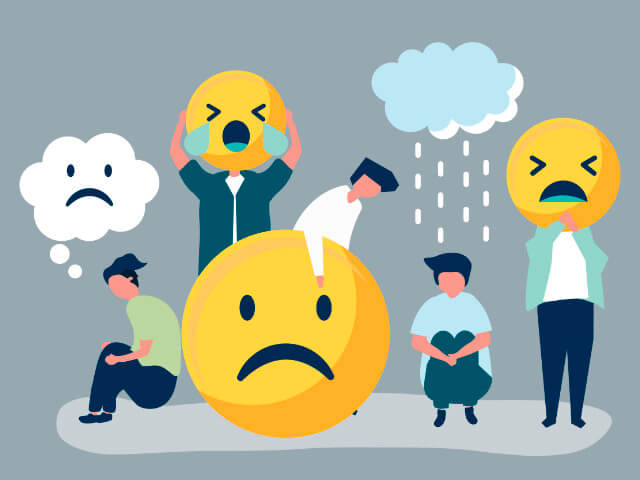Which species would be sad if humans were wiped out?
This is such an interesting question that I asked a few of my friends and nearly everyone said, well, obviously dogs! This is because many of us have close relationships with our pets and we can imagine what they might be thinking, based on how they behave.
But can we really know how other species experience the world? Scientists have conducted experiments with animals and found, for example, that an octopus experiences their world through each of their eight arms separately, as if each arm had its own, mini brain! In another experiment, scientists found that some zebra finches seemed to have dreams about singing!
While science can observe some of the different ways that species experience the world, we can’t ever really know for sure how other species might be feeling. But just because we don’t know for certain, doesn’t mean it’s not important. In indigenous cultures, knowledge about how the world works and how to live well, is based on experiences of living with other species and caring for their needs alongside our own. This knowledge has helped humans to live for thousands of years in ways that means the environment will be there for future generations.
Humans have a place within the environment, so just like we miss other species when they’re gone, we can assume that other species would miss us. Understanding how other species experience the world may help us to help us to adapt to changes like those brought about by climate change. It can also help us to see the world in a different way and inspire us to act in ways that look after others.











